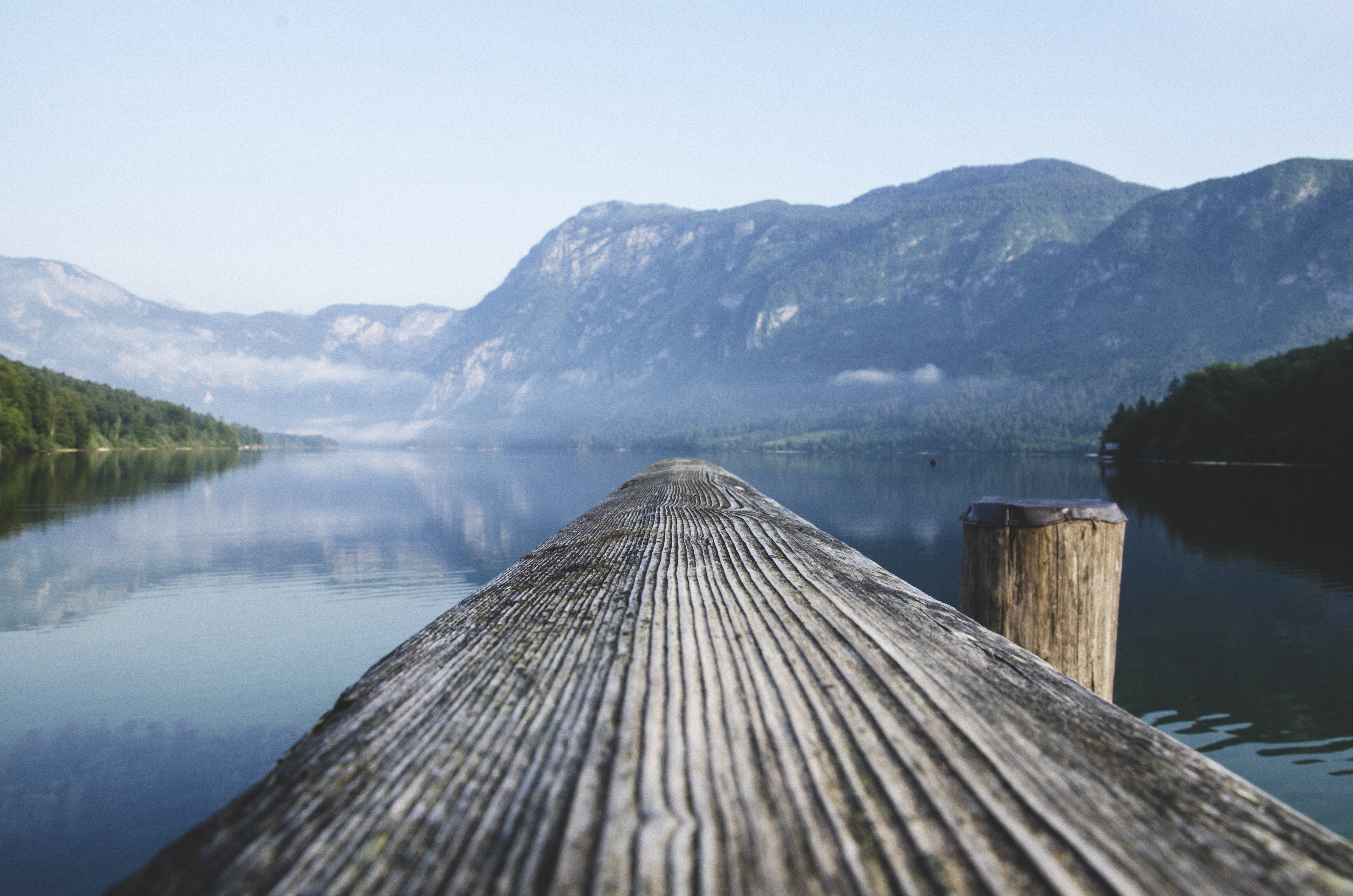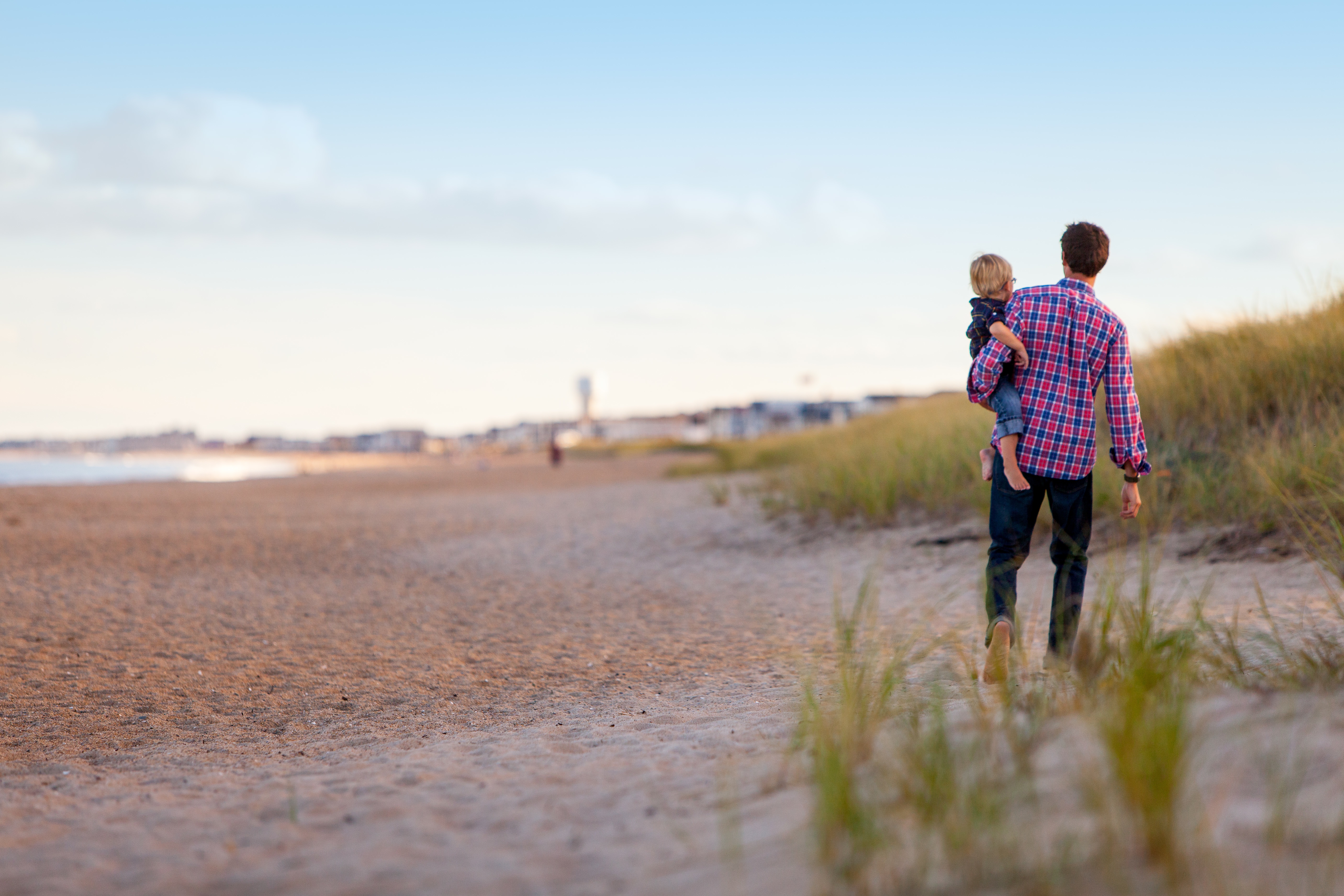Mar 30, 2016 | Uncategorized
There are people who have wronged you and they know it. There are people who have wronged you but they do not know it. In both cases, you are the one who has experienced wrong done to you and, if you have not made peace with the past, you may likely carry anger and resentment.
You’ve probably heard the expression: Anger is like drinking poison, expecting the other person to die. I’ve also heard it expressed: Not forgiving someone is like drinking poison expecting the other person to die.
So what power do you have to lift this weight and unburden yourself?
Forgiveness. It doesn’t even matter if the other person is willing or able to own his/her part.
The only alternative to forgiveness I can see is the choice to – consciously or unconsciously – continue to suffer.
Instead of thinking of historical examples of wrongs or getting bogged down in whether or not forgiveness is/was a possibility for another, focus on yourself and your own personal experience and whatever weight is currently burdening you. Be honest with yourself. If it comes to mind then you probably have not yet forgiven.
To me, forgiveness yields ultimate freedom and peace. The other person no longer has any claim on you… the greatest beneficiary is the one who forgives! And this act is a choice that its author has all of the power to make.
What do you think about forgiveness? If it's all too theoretical, be brave (braver than myself here) and give an example if you would like;)

Photo courtesy of Sérgio Rola
Mar 25, 2016 | Uncategorized
First off, how many articles have you seen with a headline like this? It’s such bait for me to click on! Once I click, the advice is usually centered around yoga asanas (postures) and there is an image of an attractive woman doing some fancy stretch that is out of the realm of possibility for me. Yoga asana improvement is great. However, the improvements I am thinking about for this entry would be the kind that can most massively reduce stress and are not asana-related (except, arguably, number 2;)
1) Come to class 15 minutes earlier. (Sure this isn’t always an option. But if you have the time, just leave earlier. This extra time is so valuable, both in the additional time to RELAX at the studio as well as the calm an early student experiences when encountering traffic or other normal obstacles that would cause stress for a student running late.)
2) Stay in final Savasana (shavasana) longer.
3) If you’re in a partnership, try to prioritize your partner’s achievement of his/her practice over your own.
4) Ask questions in order to learn from the teacher as much as you can. Even if you don’t “like” a teacher, try to gain from whatever experiences that teacher may have to share.
5) ?
What do you think is the MOST important way to improve yoga practice and reduce stress?

Photo courtesy of Ales Krivec
Mar 25, 2016 | Uncategorized
I’ve noticed my baby son doing what looks like bridge pose on his activity mat –especially after long car trips or time in his car-seat stroller. So I thought perhaps he was on to something. Recently, I’ve added bridge and wheel into my practice — integrating it late in my practice once my back is good and warmed up.
The result has been a breakthrough in the motion I am able to get in an area where I feel quite locked up most of the time. For a long time I’ve had back pain; the addition of these poses has produced more relief than I have experienced in a long time.
Have you added (or taken away) anything from your practice that has yielded a breakthrough for you?

Photo courtesty of Danielle MacInnes
Mar 15, 2016 | Uncategorized
“New study finds yoga is good for you… also meditation!” How many articles have you seen like this? It seems like everyday another one is published. After that headline, the whole article could read “duh!”
And yet, people don’t #practice.
There are millions of words published each year about fitness and health. We all know “eat less, move more” could save a lot of paper because that is essentially what so many of these articles recommend.
With more and more mindfulness articles popping up each day, the scientific community (the church/mosque/synagogue of many intellectuals willing to give credence to “buddhist” ideas) is finally accepting what is so obvious through plain ol’ observation. The problem is this intellectual information leads to no change. The more you know, the more you know … it’s a loop.
In order to create transformation, a change must take place. That’s where practice comes in. What do you practice in your daily life?
Mar 15, 2016 | Uncategorized
Recently I've had a few transformational breakthroughs, which I intend to regularly share here. For me, what I've been looking for — for sooo long — has been here all along: myself! #Yoga & #meditation – #mindfulness – has been a catalyst to making this realization. After all, these practices are the study of the self. I know who I am. Who are you? Let #seekers be finders…!
Mar 14, 2016 | Uncategorized
It’s frustrating to hear everyday this expression “real quick.” I hear it all the time, don’t you? But what value do most things have that are done “real quick?” How many folks are interested in a meaningful conversation “real quick” or how about an orgasm “real quick”?
Most things that have value take #TIME to build and/or maintain. A career. A relationship. A healthy body. And, yes, a #practice.
Sometimes when I hear that “real quick” I think NO! Real sllllloooooowwwwwww!
So much of mindfulness feels like it is doing things with intention — focussing on process – and being mindful takes TIME. Time is one of our most valuable resources. In fact, I would argue it is our most valuable resource. Do you agree? What do you have to give that’s more valuable than your time?


